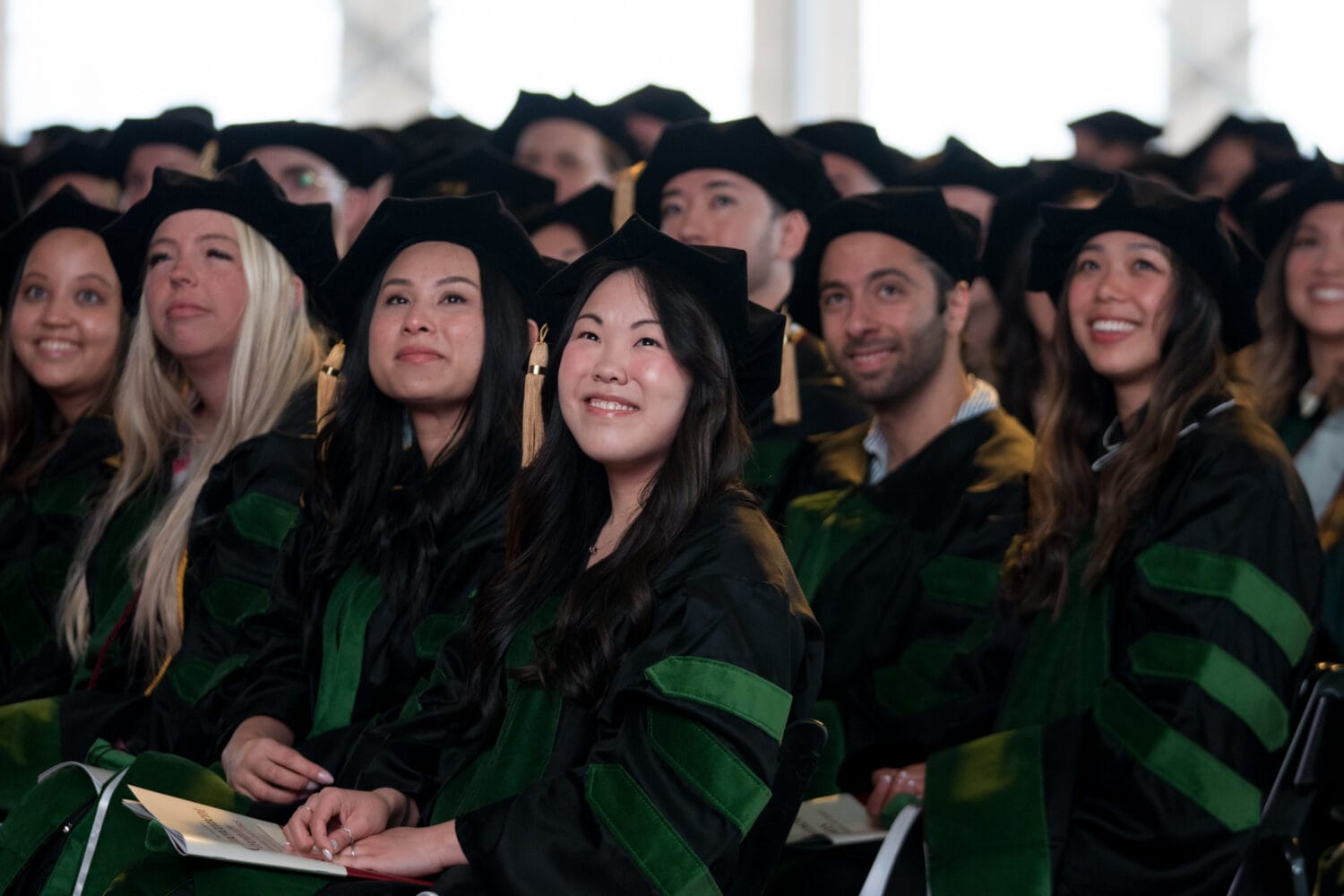WesternU Professor Explores Spirituality Among Pharmacy Students
More than 90 percent of pharmacy students who participated in an
educational program said they believe knowledge of spiritual beliefs is
important to caring for patients and are interested in learning more on
the topic, according to a recent article in the April edition of the
Journal of Pharmacy Teaching.
Mahtab Jafari, PharmD, assistant professor of pharmacy practice at Western
University of Health Sciences (WesternU), wrote the article, which was
entitled “”Teaching Pharmacy Students the Relevance of Spirituality in
Patient Care”” and published in one of only two journals in pharmacy
education.
The study aimed to evaluate the importance of teaching spirituality in
patient care to pharmacy students, and included designing a day-long
program on spirituality and healing which was taught to 66 WesternU
pharmacy students. Afterward, a survey showed that 94 percent of them
believed that knowledge of a patient’s spiritual beliefs is important in
caring for them.
“”The results were a pleasant surprise,”” said Dr. Jafari, a resident of
Irvine. “”Many of the students were skeptical about the program before it
began because they didn’t think spirituality had a place in a scientific
curriculum. However, by the end of the day a number of students were
asking why we don’t have more on this topic in our curriculum.””
Faculty members at WesternU who participated in the program believed that
it met its mission of enhancing patient-care skills among pharmacy
students, and many have recommended that it be added permanently to the
curriculum. As a result, a multidisciplinary course entitled “”Spirituality
and Medicine”” is in the process of being organized.
Dr. Jafari wrote the project up for publication a year ago, after it was
met with enthusiasm at a national conference. The program was carried out
in early 1997.
According to her research, increasing numbers of patients want their
healthcare providers to consider their spiritual needs and discuss
religious beliefs with them. The majority of patients report, however,
that this rarely happens.
“”Since doing the project I have received several calls from people
interested in setting up similar programs at their own schools, and I’ve
been continuing to give lectures on the subject here at WesternU each year
also,”” Dr. Jafari said. “”In general, medical education really lacks this
topic; institutions don’t want to deal with it because they think it is
very complex. It’s my belief that the physical body is a very small part
of who we are and what we do, and an understanding of spirituality is
essential for anyone who works with people. Spirituality should be
approached scientifically because it is the medicine of the soul.””



